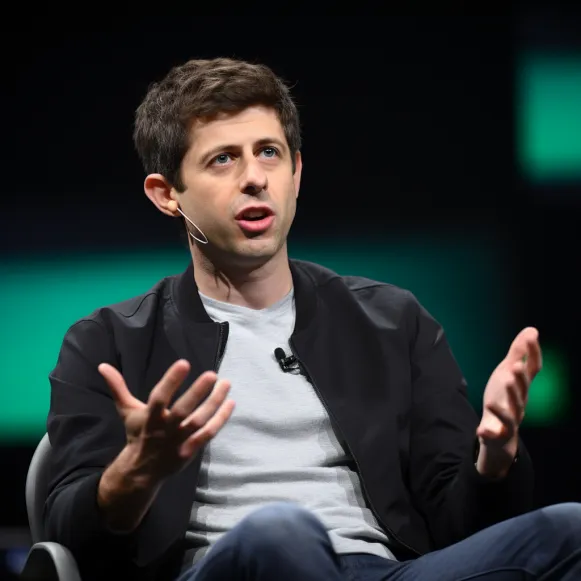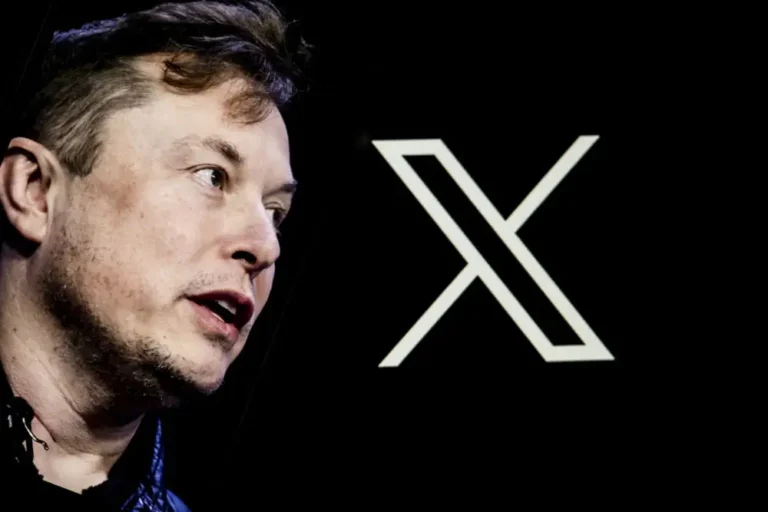VCs didn’t care about OpenAI’s weird board structure. It was all about investing in Sam Altman and its ‘transformative’ tech.

- Surprisingly, OpenAI’s venture backers had no influence on the company’s board.
- Many industry participants speculated on why its investors did not insist on a seat on the board.
- “Governance is very quickly put aside for hot startups,” one VC told Business Insider.
OpenAI’s venture capital investors were unconcerned about the company’s mission to develop artificial intelligence to benefit “humanity.” They weren’t even thinking about returns. Everything came down to their trust in one man: Sam Altman.
Fortunately for them, the man they backed to lead OpenAI has returned, following a tumultuous few days in which he was temporarily removed from the company.
Altman was instrumental in helping OpenAI and its employees cement their position as the hottest startup in Silicon Valley, and any investor with a foot in the door didn’t hesitate to get a piece of the pie, with “demand way outstripping supply,” according to an investor who focuses on AI startups and asked not to be identified.
Investors said Altman’s incredible reputation among VCs played a huge role, and no one expected the board to make a move to oust him. “People just assumed Sam was in charge,” said one investor.
Despite the criticism, Vinod Khosla, an early investor in OpenAI, came to Altman’s defense after his dismissal.
“I’d trust @sama ethics and his integrity in balancing everyone’s interests, and presiding over a power tool like @OpenAI over ALL other prominent people in tech, business, Hollywood, politics, or the nonprofit sector on par with my trust in Prof Yunus,” Khosla wrote in a post on X, which was previously
However, before OpenAI became a household name, venture capitalists looking to make a profit avoided the company due to its nonprofit governance, according to one investor who asked not to be identified.
The charter of OpenAl states unequivocally that the company’s “primary fiduciary duty is to humanity,” not to profit-seeking investors.
However, due to the rapid development of technology, led by former Y Combinator president Sam Altman, many investors turned a blind eye when OpenAI’s “capped profit” arm came calling for capital in 2019. “Government is quickly set aside for hot startups,” the investor explained.
That moment opened the floodgates for venture capital investment, with firms such as Thrive Capital, Tiger Global Management, Khosla Ventures, and Sequoia Capital arriving with checks to invest. According to reports, Microsoft has since offered up to $13 billion for a 49% stake in the company.
Because of OpenAI’s complex and one-of-a-kind corporate governance structure, VCs could invest in the capped profit entity but never gain influence over the nonprofit board of directors, all of whom were either cofounders or appointed outside AI experts.
This was extremely unusual in the business world.
“Nearly all of my boards have had fiduciary duties to the shareholders, not to the humanity thing,” said Wesley Chan, cofounder and managing partner of $450 million early stage fund FPV Ventures.
According to OpenAI, it is first and foremost governed as a nonprofit, with that appointed board of directors, which prior to the chaos included Greg Brockman, OpenAI cofounder and president who also served as board chair; Ilya Sutskever, OpenAI cofounder and chief scientist; Tasha McCauley, an adjunct senior management scientist at Rand Corporation who is also married to actor Joseph Gordon-Levitt; and Helen Toner, director of strategy for Georgetown’s Center for Situated Learning.
However, with Altman at the helm, the technology and its promise were also potential motivators for some investors.
“I think people clearly realized that this is going to be very, very transformative, so I think they were willing to accommodate a bunch of things,” Karthee Madasamy, founder and managing partner of MFV Partners, a firm that focuses on deep tech such as AI, robotics, and quantum computing, said.
However, it’s likely that some investors were willing to be “founder-friendly,” and in the case of OpenAI, one of Silicon Valley’s biggest names was difficult to turn down. Madasamy, who was a managing director at Qualcomm Ventures and served on the board of Waze while there, says this founder-friendliness has been prevalent in startups for the past five or six years, with boards avoiding being overly restrictive of founders.
On X, Khosla defended OpenAI’s board structure. “Many European companies, such as Ikea, Bosch, Novo Nordisk Foundation, Bertelsmann Foundation, Carlsberg Foundation, and others, have similar for-profit-non-profit relationships.” “There’s nothing wrong with having the best of both worlds,” he wrote.
In response, Craft Ventures VC David Sacks wrote on X, “With respect, I think events of the last week have conclusively refuted this view, at least in the Silicon Valley context.”
The board structure and governance are likely to change as part of the agreement to rehire Sam Altman as CEO of OpenAI. According to The Verge, the purpose of the newly formed OpenAI board, which includes current board member D’Angelo, former US Treasury Secretary Larry Summers, and former Salesforce co-CEO Bret Taylor, is to vet and potentially appoint an expanded board of up to nine people, and Microsoft and Altman want board seats.
Nobody knows what will happen next.





